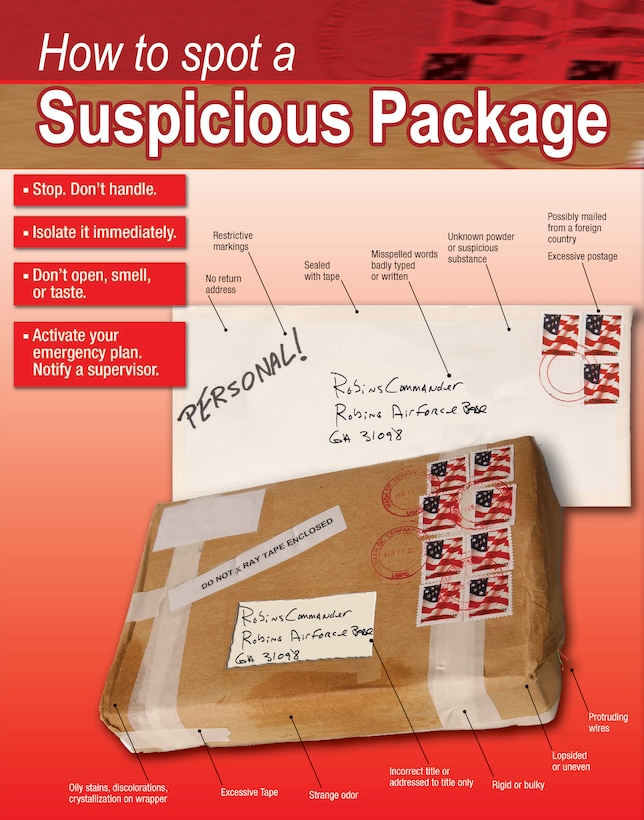

I then performed a so-called distinctive collexeme analysis. I collected all instances of these forms from the Corpus of Contemporary American English. I collected some data on the variation between "a suspicious noun" and "a suspect noun". From this it follows that one cannot be seen carrying a suitcase in a suspicious manner." Presumably, Follett wants the author to use "in a suspect manner" here.įollett's analysis is clearly prescriptive and just as clearly ignores centuries of frequent contrary usage but is there any validity to his prescription as a way for writers to avoid possible ambiguity, as in the case of "suspicious behavior" versus "suspect behavior"?

In this connection I note Wilson Follett's comment (under transitive/intransitive) in Modern American Usage (1966): "Thus, suspicious should designate the persons harboring a suspicion and suspect the person who is the object of it. Is there a general rule about when to use one adjective or the other? Are they always interchangeable? A somewhat similar question comes up in an older query titled "that things were suspicious".

You will also find links to your installation emergency management pages for more localized information and additional resources you may find helpful.A recent question on this site ( "to suspect" vs "to be suspicious of") asks about the difference between "to suspect" and "to be suspicious of." An even more complicated situation involves when to use suspect as an adjective (as in "suspect reasoning" or "a suspect classification") and when to use suspicious (as in "suspicious thoughts" or "a suspicious detective"). Take particular note of the Marine Corps Mass Notification System and instructions for registering in the Enterprise Mass Notification System (eMNS). Through the navigation links under Stay Informed you can find detailed information on a range of hazards, types of emergency actions you may be directed to take, and methods by which you may receive alerts and information. Take time to learn about those that occur in your local area as well as locations to which you travel. That knowledge also can reduce the stress that comes with fear of the unknown and guide you in actions that enhance survival and reduce losses.ĭifferent areas of the world are subject to various hazards. Knowing what you may encounter the meaning of terminology used by the media and officials and what to do before, during, and after any given hazard helps you make informed decisions.


 0 kommentar(er)
0 kommentar(er)
